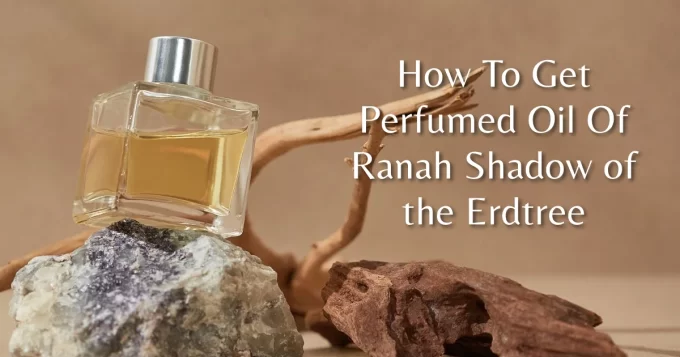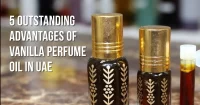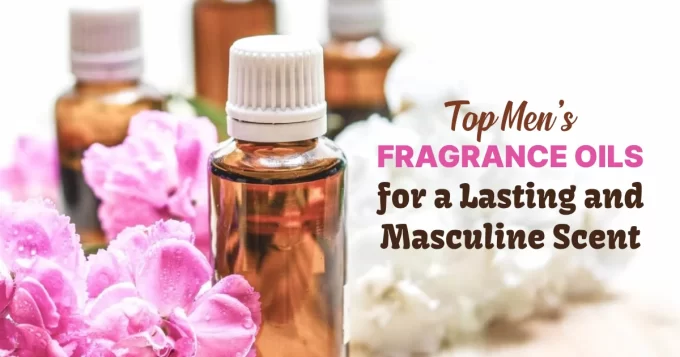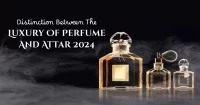For the Love of Aroma: Is It Possible to Fall in Love with a Fragrance?
The significance of smell and aroma in the dynamic realm of romance and relationships has long been a source of fascination and discussion. Can our sentiments of attraction and connection really be influenced by the seductive scent of a well-balanced perfume or cologne? Or is “love at first sniff” just a romantic concept with little scientific validation?
It turns out that there is a profound and fascinating relationship between love fragrance and concerns of the heart, one that is based on the intricate mechanisms of the human brain and nerve system. Despite the fact that the ability of smell to arouse love may not be as simple as popular culture would have us believe, a strong corpus of research has examined the significant psychological and physiological effects of scent.
Now, for all of you scent enthusiasts and hopeless romantics out there, let’s examine the fascinating connection between falling in love and aroma.
The Neuroscience of Attraction and Scent
The close connection between our sense of smell and the brain circuits that control our emotions, memories, and social perceptions is what drives the association between fragrance and love. The limbic region of the brain, which is involved in processing emotions and creating memories, is specifically linked to the olfactory system, which is in charge of processing scent information.
Whether it’s the floral sweetness of jasmine or the earthy notes of patchouli, when we smell a certain fragrance, those scent molecules set off a chain reaction in our brains. The olfactory bulb receives this sensory data quickly, processes it, and integrates it with other brain areas including the hippocampus and amygdala. These regions are essential for the development of emotional memories and the interpretation of social cues.
Fascinatingly, studies have indicated a strong correlation between the processing of romantic and sexual impulses and the olfactory system. It has been discovered that specific scents stimulate the brain circuits linked to arousal, desire, and attachment-related emotions. Our subjective perceptions of attraction and even our preferences for a partner might be shaped by this physiological reaction.
The Potent Attraction of Pheromones
However, the relationship between smell and love extends beyond the brain. Pheromones, those intangible, airborne chemical signals that we all create and that have the subtle ability to affect how people perceive and behave around us, also play an intriguing role.
Pheromones are considered to be important in human sexual attraction and mate selection; they function as a sort of subliminal “love language” that our bodies use to express themselves. Interestingly, research has indicated that applying specific perfumes infused with pheromones might improve feelings of arousal, trust, and interpersonal bonding.
Research has indicated, for instance, that when women are exposed to male pheromones, they tend to regard males as more attractive and sexually desirable, and when men detect female pheromone cues, they find women more alluring. This shows that scent has the ability to appeal to our primal biological needs, which may increase our susceptibility to romantic advances and propensity to bond emotionally.
The Aroma of Memories and Comfort
Of all, pheromones and simple biological attraction aren’t the only factors in the relationship between aroma and love. In addition to evoking strong emotional connections and memories, scent has the ability to influence our emotions of closeness and attachment.
Consider this: the aroma of your significant other’s cologne or perfume can instantly take you back to your initial encounter or bring up special memories of times spent together. This is due to the fact that scent memories are deeply ingrained in the limbic system, which is also the brain region in charge of processing emotions and creating enduring memories.
We can experience a wave of sentimental memories and sensations when we smell someone we know well, which strengthens our emotional bond with them. This “Proustian effect” can be a potent tool for developing intimacy and strengthening romantic ties. It is named after the well-known French author Marcel Proust, who poignantly highlighted the ability of scent to awaken deep personal memories.
The Aroma of Enticement
It’s vital to remember that although the biology and neurology of scent and love are undoubtedly fascinating, their link is not always clear-cut or predictable. Although scent is a potent seduction weapon, its effects can vary greatly depending on the situation and the individual.
For example, studies have indicated that cultural conventions, personal tastes, and even the wearer’s personality can have a significant impact on how “attractive” a fragrance is deemed to be. What appeals to one individual may be overwhelming or repulsive to another. Furthermore, a fragrance’s perceived attraction can be further shaped by how it interacts with our individual body chemistry.
Furthermore, selecting and using a scent may be a very personal way to convey one’s identity and sense of style. We can communicate our mood, project a certain image, or just revel in our own sense of self-expression through the fragrance we choose. Fragrance can therefore be an effective technique for boosting confidence and self-empowerment, traits that might attract a lot of attention from possible mates.
Even if the science supporting the link between smell and love is fascinating, the true magic is in how each of us perceives and reacts to scent uniquely. The power of scent to captivate our hearts and minds is clear, whether it’s the seductive appeal of a new fragrance discovery or the nostalgic tug of a beloved perfume.
Thus, bear in mind that you might be experiencing the delicate yet significant impact of scent on matters of the heart the next time you smell anything that makes your heart race. Who knows, maybe this is the start of a lovely love tale.














